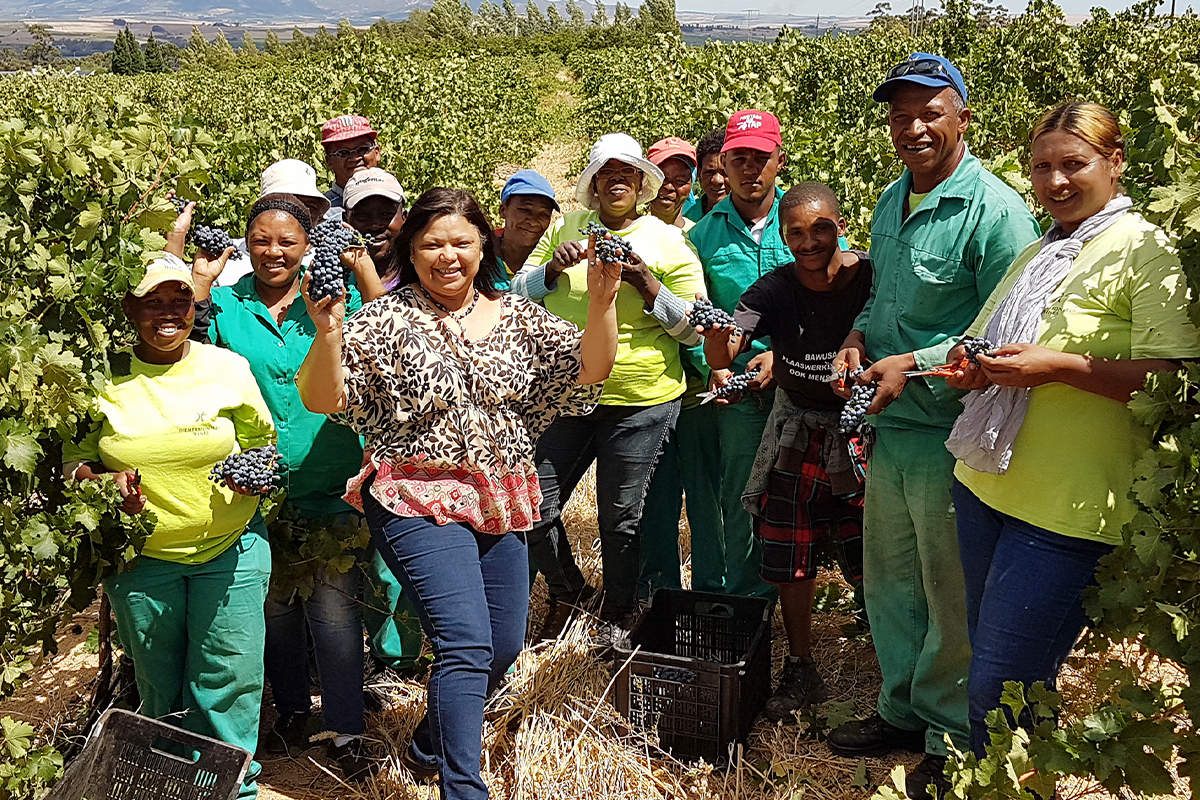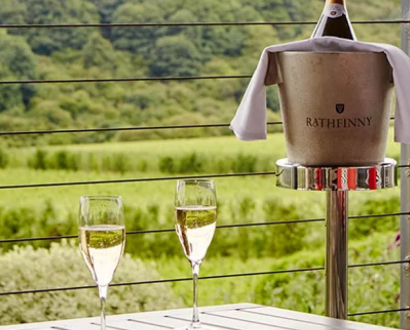Growing up the daughter of two agricultural labourers in South Africa, Denise Stubbs CEO of Thokozani Wines and Hospitality, saw the wine sector as the Hollywood of the farming industry.
But despite her fascination with agriculture from a young age, Denise believed it was never on the cards for her. Instead, she pursued her first passion – fashion design.
“I went through many phases – fashion design, human resources, project management – however, it was always a dream to give back to my community,” she tells The CEO Magazine.
“It’s crucial to focus on training and development as an absolute necessity to the achievement of sustainable economic empowerment of farm workers and the bigger picture of the dominating male- and white-owned industry.” – Denise Stubbs
And yet, year after year one matter kept troubling her. “Something that fascinated, or worried, me was why white people enjoyed drinking wine and my people, in my experience, were abusing wine and had alcohol syndrome.”
Denise grew up in the time of the Tot System, also known as the Dop System – the practice of giving cheap wine to farmworkers as payment at regular intervals during the working day. Although this custom is no longer legal in South Africa, the implications of it remain.
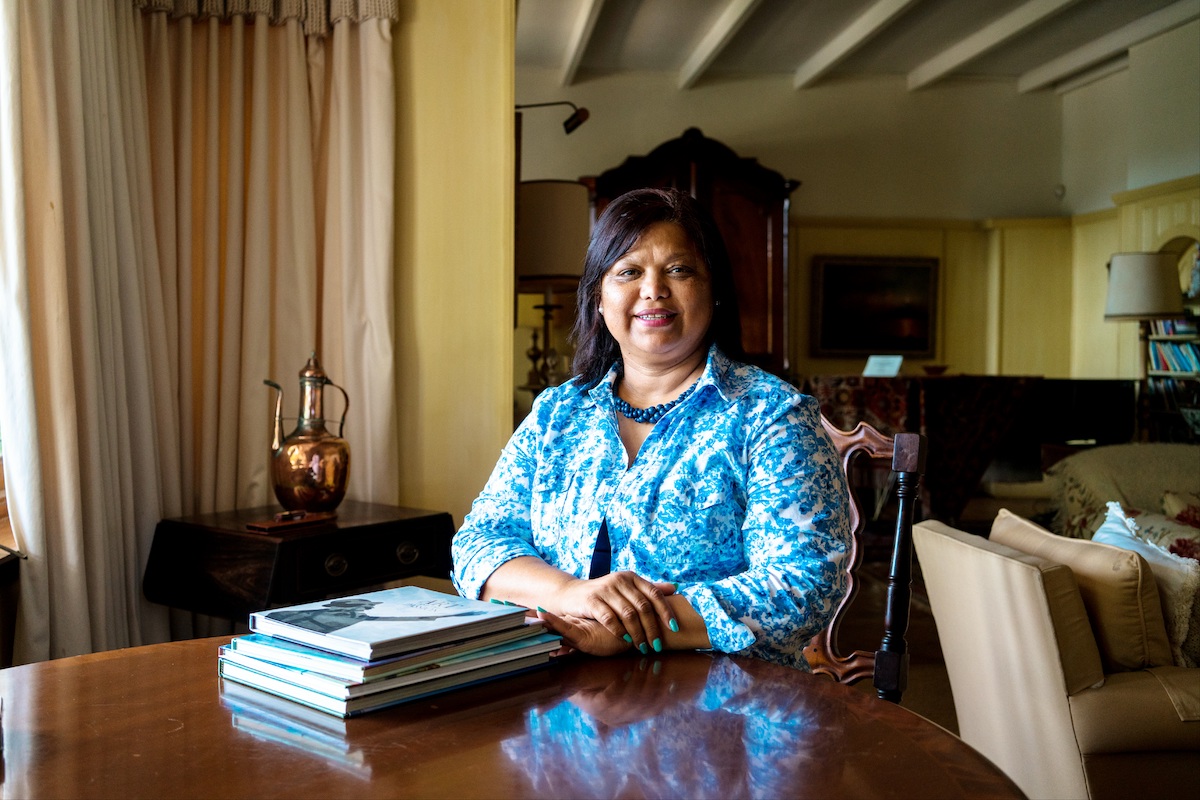
An opportunity to influence change in cultural perception and representation came when Denise landed the role of Human Resources Manager at Diemersfontein Wine and Country Estate.
Soon after, Denise left her corporate career to become the majority shareholder through sweat equity and empower 65 farm workers to become shareholders in the business now known as Thokozani, which means ‘celebration’.
“Being in the industry for almost 16 years, I have proven that I can be a trailblazer. Now, I look back and say we did it.”
Denise was instrumental in the creation of the Thokozani Group of Companies, a Broad-Based Black Economic Empowerment initiative that has wine, conferencing and hospitality property business interests.
“It’s crucial to focus on training and development as an absolute necessity to the achievement of sustainable economic empowerment of farm workers and the bigger picture of the dominating male- and white-owned industry,” she explains.
Denise is a recognised voice in the sector. Not only is she a female CEO, but she is a Black woman directing a successful hospitality business.
“I only know three women of colour who own vineyards in South Africa,” she says. “This is an ongoing challenge as the industry still belongs to white male farmers.
“Women are still battling to get recognition. An organisation called the SAWITU (South African Wine Industry Transformation Unit) is working hard on making the industry more inclusive.”
Denise says one of the issues is that many successful winery owners are generations of families. “I do not see how most of them will transform unless they share their legacies with previously disadvantaged individuals, especially Black women.”
In South Africa, there are currently around 65 Black wine brand owners, but many of them source their wines from white owners who have the infrastructure.
“They brand these wines as their own and act like a marketing company,” Denise notes. “They do not get the opportunity to continue the journey with the farmers.”
Denise is clear about the fact that the industry can only change if those in the position of power embrace transformation. “They must give back to society and empower previously disadvantaged women and make them owners or partners in the bigger economy.”
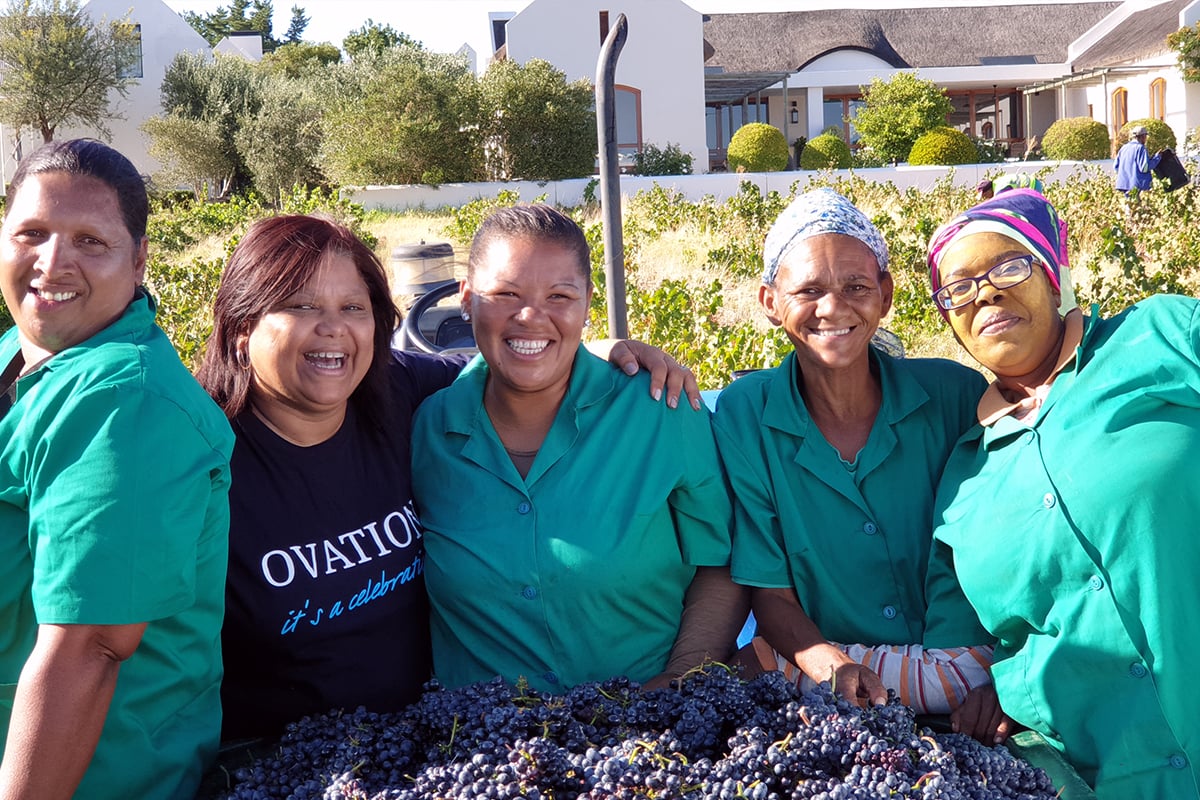
That is what happened at Thokozani. The owners of Diemersfontein shared their wealth, skills, knowledge and passion with Denise and 65 shareholders, who were mostly farmers.
“It is the hardest career I have chosen. I am always challenged and questioned about being a woman of colour and not being educated as a winemaker,” Denise shares.
“The proof is in the pudding. Our wines have received major awards around the world – not because of our colour but because of the quality.”
Denise chose this career because she wanted to create positive change in South Africa’s agricultural and tourism sectors.
“People are my biggest asset,” she says. “My biggest challenge initially was persuading the people that I am committed to change and that we will have our place in the sun.
“Being in the industry for almost 16 years, I have proven that I can be a trailblazer. Now, I look back and say we did it.
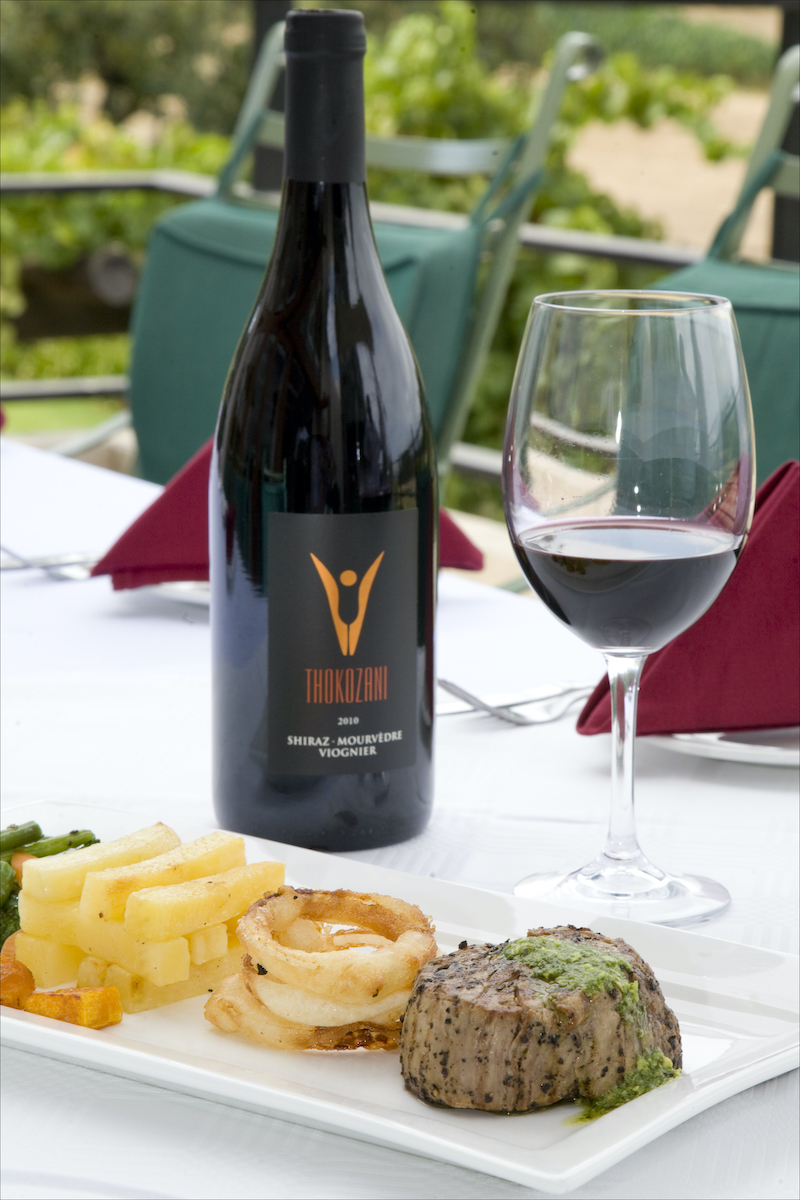
“I gained my shareholders’ trust, and we grew Thokozani into a genuine transformation business with value, change and great excitement for our future.”
Unfortunately, South Africa’s current hardship has introduced some new challenges for the business to overcome. In March, at the start of the nation’s COVID-19 lockdown, the government enforced a ban on alcohol sales for nine weeks. This also included a five-week ban on exports.
The wine industry was offered some reprieve when the prohibition was lifted on 1 June, only for it to be reinstated on 12 July. Then on 15 August, President Cyril Ramaphosa announced that, once again, the sanction would be lifted from 17 August – allowing alcohol sales with limits.
“Every wine farm went into survival mode,” Denise shares. “We lost market share, and our international supporters started buying Chilean and Spanish wines because of the delay in export.”
Though pleased about the recent news, Denise also describes the loosening of restrictions as bittersweet.
“We are thankful, but the lifting of the ban comes too late for many, and for the rest, there is still a steep hill ahead.”
She says the issue now lies in generating demand for South African wine, considering that there is also a glut of wine in Europe with countries such as France, Italy and Spain unable to sell due to wine tariffs.
“Having done such hard work to grow value in our wines, it would be a crying shame if overnight we lose our pricepoint position,” Denise says.
Wineries with existing online and ecommerce models are in a better position to bounce back, which is why Thokozani is rapidly upping its online sales.
“The best way for producers to come out of this situation is to be upfront and honest as it is our best defence,” Denise says.

